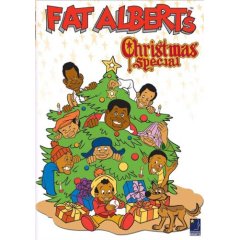 |
 |
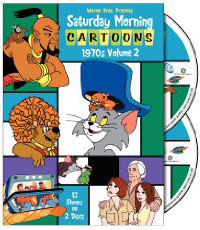 |
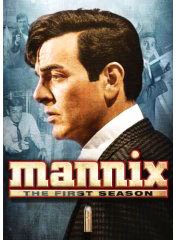 |
 |
||
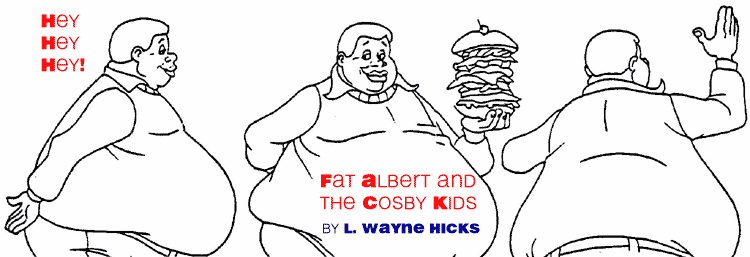
| As Bill Cosby ages, the source of his humor moves further away from his early days as a standup comic, when he drew upon his childhood in a north Philadelphia housing project to make people laugh.
But it's Fat Albert that has proved to be Cosby's lasting legacy. The animated series proved the lynchpin of an unusual triangle for Cosby. His life has sparked three cartoon series - "Fat Albert the Cosby Kids," the current "Little Bill" and the planned "Fatherhood" series, based on Cosby's best-selling 1986 book. More than 30 years after "Fat Albert and the Cosby Kids" first became a staple of Saturday morning TV, the program hasn't been forgotten, although apparently Cosby's one-time plan for a chain of Fat Albert hamburger stands has been. Bootleg videos of "Fat Albert" episodes fetch high prices on eBay. And Time Life has just released some of the shows on video. Other programs have taken note of the long-lasting interest in Fat Albert, with "South Park," "NewsRadio," "Scrubs" and "Saturday Night Live" all paying tribute. But in the beginning, Fat Albert first came to the screen not on Saturday mornings, but with a prime-time special. FAT ALBERT COMES TO TV Cosby broke the color barrier on television with the 1960s adventure series "I Spy," co-starring Robert Culp. After that series ended, NBC reportedly offered Cosby millions to remain at the network with "The Bill Cosby Show," in which he would play a high school coach, and for several specials, including one that would serve as a test for "Fat Albert and the Cosby Kids." The first special, "Hey, Hey, Hey - It's Fat Albert," looked totally different from the familiar Filmation style to come. To cut costs, animator Ken Mundie eliminated a couple of steps from the traditional process of animation. Instead of drawing on paper, transferring the images to a cel and then having everything inked and painted, Mundie and his crew drew directly onto cels with grease pencils. A similar rough style can be seen in Mundie's animated opening to the TV series "Wild Wild West." "It was rough but it worked," Mundie said. "I thought it worked." "Ken was always the artist-illustrator-maverick-hippie-flower child," said Leo Sullivan, an animator on the special. "He wanted to do things the unconventional way of animation." Mundie had come to the attention of Cosby with his independent film "The Door," a 1968 pro-peace short about two Indians given a glimpse into mankind's future. Given a budget of just $80,000 and an old cartoon studio on Melrose Avenue previously used to make Clutch Cargo, Mundie gathered six animators for the special, set to air in just six months. The animators worked 18-hour days. COSBY TAKES AN ACTIVE ROLE
"The first bunch that I designed were a little rough looking," Mundie said, "because I went back to my background. I'm from Detroit. The neighborhood kids were a little bit rougher. He didn't want that. He wanted them to be more a fun bunch of kids." Cosby also told the animators how he wanted the characters to walk, demonstrating what he meant. "He'd say, 'You know a guy walks different when he's in his neighborhood than he does when he's downtown with the white folks,'" Mundie said. "Hey, Hey, Hey" blended live-action and animation. Mundie used footage of Philadelphia as background. During shots of Fat Albert running, Mundie interspersed footage of buildings collapsing.
FAT ALBERT The Mundie-designed Fat Albert truly was obese. The Filmation version was a slimmed-down version. Fat Albert's size proved the crux of the special. Taunted by his friends because of his size, Fat Albert sat out of a football game against a rival neighborhood team. But he shrugged off the insults to play and win the game. Cosby provided other important roles as well. He got Herbie Hancock to write and record the music. And he found the children who would round out the cast. Cosby gathered a cast of children - the average age was 14 - to give voice to the characters he wasn't portraying. As in the TV series to come, Cosby played the key parts of Fat Albert and Bill. But getting professional performances of these children proved difficult; they were stiff at the recording session, until Cosby stepped in. "Instead of having the kids simply read their lines into the microphone, Cosby gave them something to respond to," TV Guide reported before the premier of "Hey, Hey, Hey." "When the script called for shouts of encouragement, Cosby got realism by arm-wrestling one of his youthful actors - promising to treat the gang to movies if the youngster could beat him. When cheers of victory were needed for Fat Albert's touchdown run in a game of street football, Cosby galloped about the studio, dodging chairs."
NBC ran the special two more times after its initial airing, on Nov. 12, 1969, and expectations were that NBC would pick up the idea for the Saturday morning series. But the planned emphasis on education apparently turned NBC and then ABC against the show. That left CBS.
|
||||||
|
View the character model sheets from the series 'bible': TV Guide's Fat Albert Page, with TV Listings, Photos, Videos, Exclusive News and More.
TV
on DVD / / Holiday
Specials on DVD / /TV
Commercials on DVD
|
 |
Get it here! SAVE MONEY |
||||||
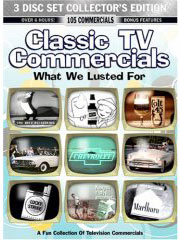 |
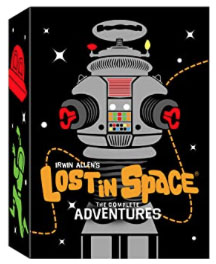 |
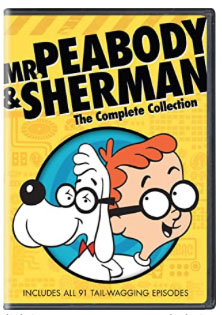 |
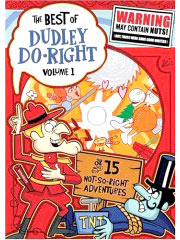 |
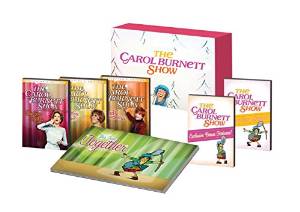 |
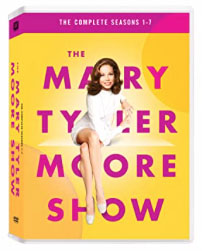 |
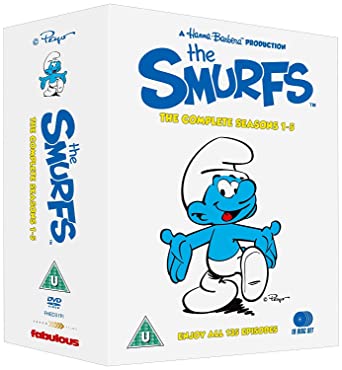 |
|
|
|||||||||||
Save money! |